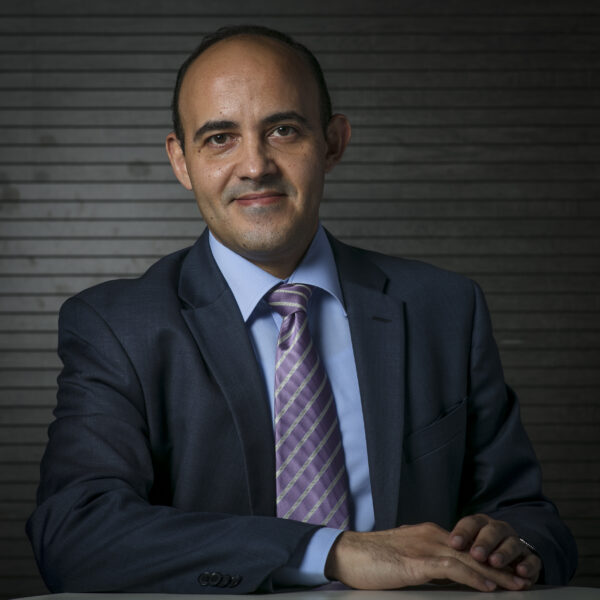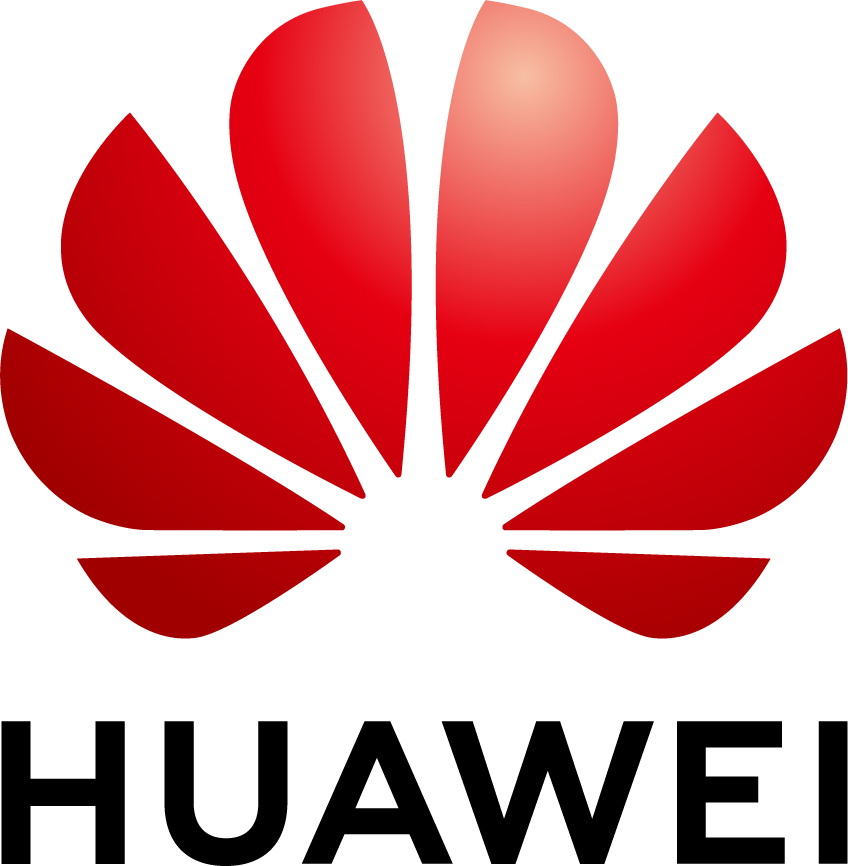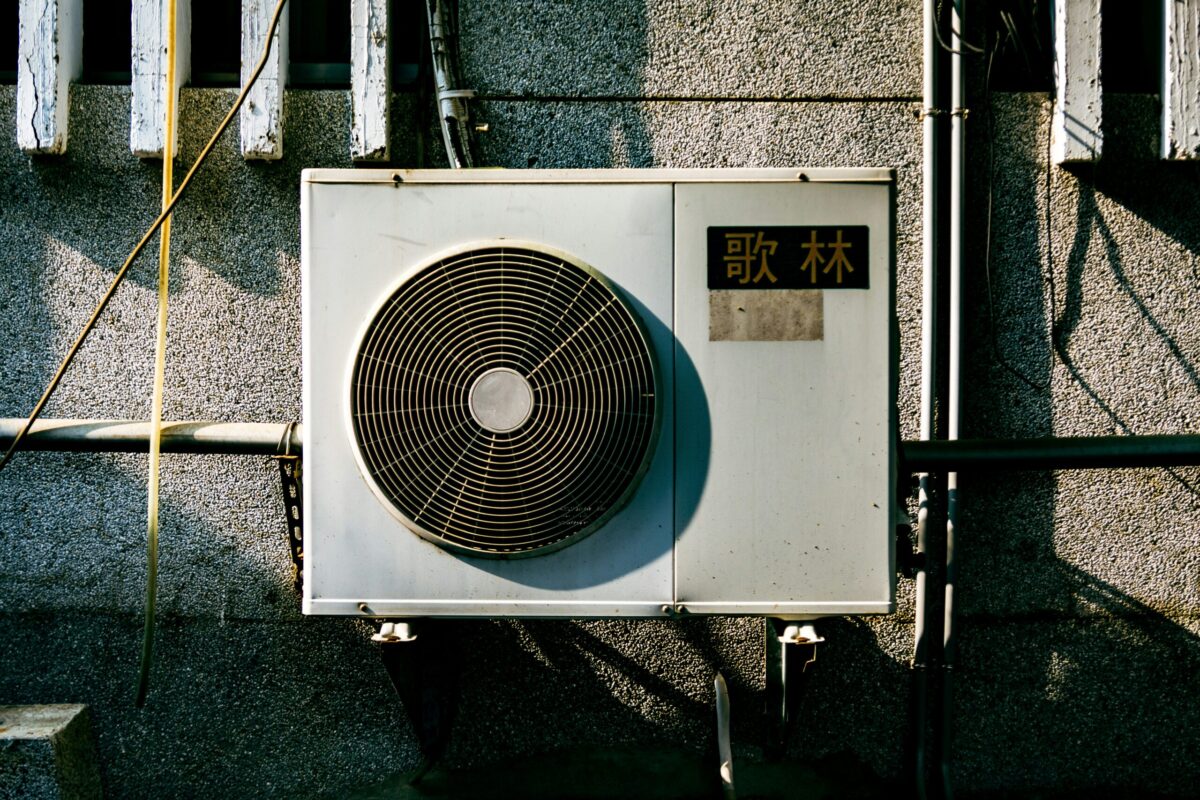What are some of the needs specific to the Moroccan electricity grid when it comes to integrating power generation and energy storage systems?
Morocco has close to 99.9% electricity access, and over 98% of our population is grid connected, but we import over 90% of our energy needs. Morocco has very high-quality wind and solar resources, but it still does not provide us with the baseload needed for a developing country where the electricity demand increases by 4% to 5% every year. This means we have to double the installed capacity approximately every 10 years.
Back in 2009, Morocco made a decision that no new fossil fuel generation capacity would be added to the grid, so all of our new generation capacity is coming mostly from solar and wind, but also hydro, which is limited here given the droughts. We have an ambitious program to increase the installed generation capacity of renewable energy sources to about 52% by 2030. However, because solar and wind are intermittent, you need storage for grid stabilization. MASEN sees storage as being a key to increasing the penetration of renewable energy into the electricity mix.
Another really interesting application for battery energy storage is in cities that are adopting electric vehicles. Being able to deploy batteries in gas stations will allow us to have more fast-charging capacity, which will alleviate the range anxiety that people have in the adoption of EVs.
Why are microgrids an attractive option in Morocco?
While most of Morocco's population is connected to the grid, about 2% are not. So, through a national rural electrification program, we initially offered individual solar kits, which included a couple of panels with lead batteries along with a few LED lamps for electricity inside the house.
But what we are seeing is that this barely meets the minimum vital requirement for these populations and does not provide electricity for economic development. You cannot power a facility to preserve fresh produce. You cannot do preprocessing for agricultural products locally. You cannot meet heating needs.
So you basically have two alternatives for getting electricity to non-electrified areas. The first is the traditional way, which means building a grid infrastructure that would take decades and billions of dollars and will take years before electricity reaches these populations. The second is decentralized electricity generation through microgrids using solar and batteries, and we believe strongly that this is the most effective and efficient way to bring electricity to these populations.
Back in 2019, we started working with microgrids in smaller villages, and the goal there was to have a capacity building program so we could better understand microgrids and the dynamics they involve. The goal was for Morocco to act as a leader in adoption of renewable energy regionally and continentally. For Northwest Africa and French-speaking Africa, MASEN is really leading the way. When you look at these regions, this is the last frontier of electrification that we see in the world. So Morocco has been hosting many of the decision-makers within these countries, trying to help them through our experience.

Image: Huawei
What was the impetus behind the Morocco Rural Microgrid C&I Energy Storage Project and what stage is the project at currently?
We wanted a system that was as self-reliant as possible. We couldn't deploy technicians to be there 24/7, so we chose integrated solutions that had the battery system, the battery management system (BMS), and the energy conversion system that would stabilize the grid down the line.
We decided there was an urgent need for approximately 2 MWh of storage total and started with a temporary housing project the government had put up to host populations displaced by the AL Haouz earthquake, and that was the most advanced in terms of construction. We deployed a 600 kWh system there, which was tested and is now operational, and we have started work on the rest of the systems.
We still have 1.4 MWh of storage and generation to be deployed. A few of the villages have already been identified, and others are undergoing discussion.
Why did MASEN select Huawei to partner with, and what value is the company providing?
We wanted an integrated solution, meaning we did not want to handle all of the intricacies between the battery storage, the power generation, and the grid management. So we issued an open call for proposals, and we ended up selecting the Huawei energy storage solution – the LUNA2000.
A specific reason is that it checked all of these boxes with an integrated, all-in-one battery storage system with a BMS and energy management system. Having a company that had technology solutions that were interoperable between multiple subsystems is absolutely key to a smooth deployment.
Another reason that was absolutely key was having boots on the ground. Huawei has a strong local team with technical expertise, and we felt comfortable going into an earthquake-stricken area with them to deploy a relatively new technology for Morocco. We needed to make sure that if something went wrong, we had the know-how and support with local expertise.
We felt quite confident with the solution, because we had a counterpart that we could go back to in terms of technical questions. Even though we ended up buying the system, we did not feel like it was just a regular customer-supplier relationship, where as soon as you pay for something then you have to go figure it out yourself. It was more of a partnership.
Given that the first commissioning of the microgrids went according to plans, there is absolutely no reason for us not to continue with that cooperation.
This article appeared in the Huawei Corporate Edition 2024. You can access and read the entire edition here.
This content is protected by copyright and may not be reused. If you want to cooperate with us and would like to reuse some of our content, please contact: editors@pv-magazine.com.




By submitting this form you agree to pv magazine using your data for the purposes of publishing your comment.
Your personal data will only be disclosed or otherwise transmitted to third parties for the purposes of spam filtering or if this is necessary for technical maintenance of the website. Any other transfer to third parties will not take place unless this is justified on the basis of applicable data protection regulations or if pv magazine is legally obliged to do so.
You may revoke this consent at any time with effect for the future, in which case your personal data will be deleted immediately. Otherwise, your data will be deleted if pv magazine has processed your request or the purpose of data storage is fulfilled.
Further information on data privacy can be found in our Data Protection Policy.